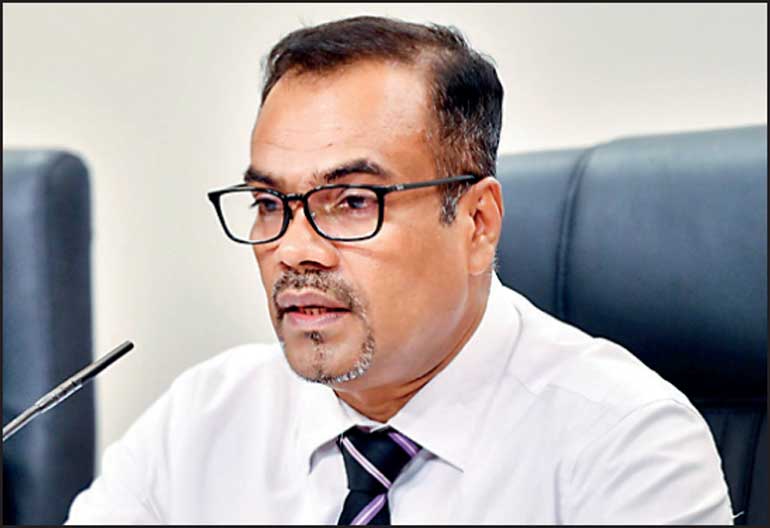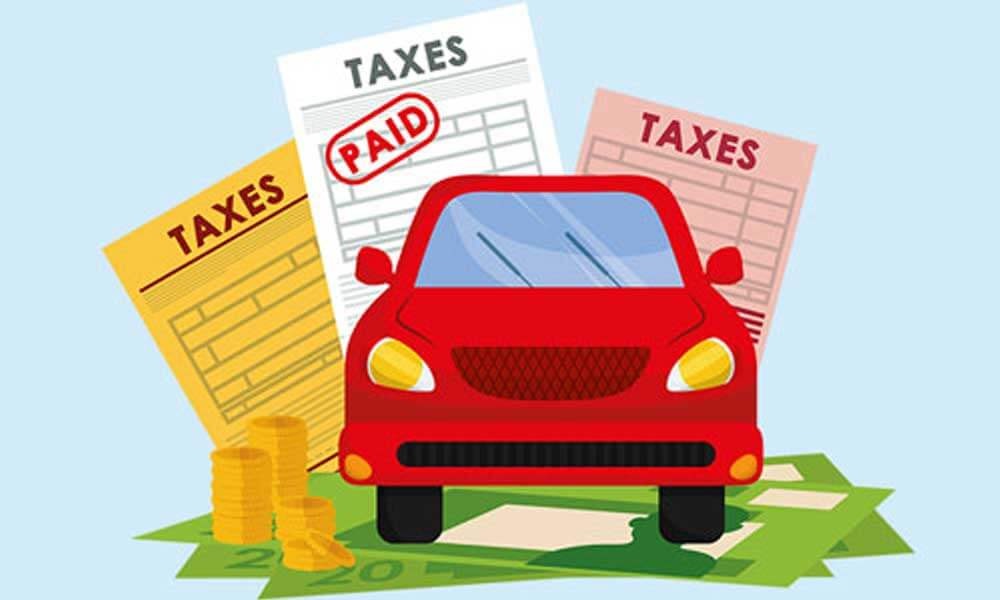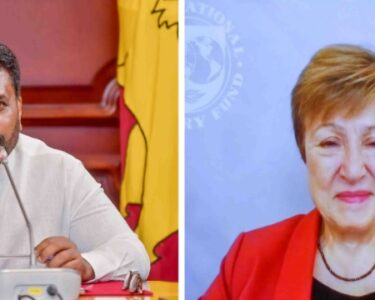Speculation Over Vehicle Price Reductions Disrupts Market as Sri Lanka Considers Tax Cuts
The Sri Lankan vehicle market has been thrown into uncertainty amid speculation that car and vehicle prices may drop due to potential tax reductions. Importers claim that this uncertainty has disrupted market activity, with buyers hesitant to make purchases while awaiting possible price changes.

Growing Calls for EV Tax Reductions
Meanwhile, a strong lobby is advocating for reduced taxes on electric vehicles (EVs) and government incentives for setting up charging stations. Supporters argue that lowering EV taxes would encourage eco-friendly transportation while reducing the country’s dependency on fossil fuels. However, the government has yet to make a firm commitment on this front.
Possible Tax Cuts Based on Demand
Deputy Finance Minister Anil Jayantha has indicated that Sri Lanka may consider cutting vehicle import taxes if demand remains lower than expected. This decision is being influenced by concerns over foreign exchange reserves, with the central bank setting limits on foreign currency outflows.
“The central bank has given a guideline that we have a limit on foreign exchange,” Minister Jayantha stated at a press briefing in Colombo. “We adjust duties to control the price, and if the impact on demand is not as expected, there is an indication that import duties could be lowered.”
Current Market Response and Government Revenue Expectations
Despite initial interest from banks in opening Letters of Credit (LCs) for vehicle imports, there has been no significant spike in demand so far. Sri Lanka is targeting approximately 700 billion rupees in vehicle-related tax revenue, contributing to the government’s overall goal of 4,590 billion rupees in total tax income for 2025.
Minister Jayantha emphasized that vehicle imports are not just a tool for revenue collection but are also meant to stimulate economic growth. “There is a spillover effect on the economy,” he noted. “These activities generate additional income.”
Challenges in Forex Management and Economic Policies
Sri Lanka’s central bank has faced criticism for its economic policies, with some analysts pointing to flaws in its monetary framework. Forex shortages, they argue, are a direct consequence of inflationary open market operations, which in turn necessitate exchange controls and import restrictions.
Uncertain Future for Vehicle Prices
While the government has hinted at potential tax reductions, there is no definitive timeline or policy change yet. Until a clear decision is made, vehicle importers and buyers remain in limbo, uncertain whether to proceed with purchases or wait for more favorable pricing. The coming months will be crucial in determining the direction of Sri Lanka’s vehicle market and tax policies







